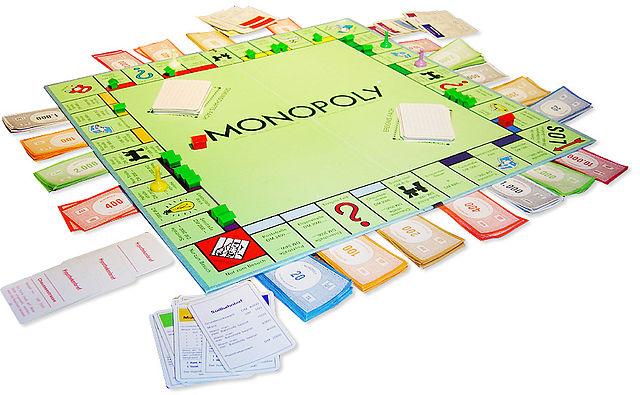The belief that a country can only use compulsory licensing in cases of public health emergencies is a myth that has proven difficult to bust.
Recently Jay Taylor, a lobbyist for Phrma, stated: “In certain instances, such as public health emergencies, trade partners may legally issue a compulsory license.” Mr Taylor references his statement with a link to the World Trade Organization’s fact sheet on compulsory licensing, which says:
Does there have to be an emergency? Not necessarily. This is a common misunderstanding. The TRIPS Agreement does not specifically list the reasons that might be used to justify compulsory licensing. However, the Doha Declaration on TRIPS and Public Health confirms that countries are free to determine the grounds for granting compulsory licences.
There is clearly no emergency requirement to granting a compulsory licence. If a government decides to grant a compulsory license for reasons of emergency, the requirement to first try to seek a voluntary licence is waived. In other words, the procedure for compulsory licensing in an emergency or urgent situation is easier.
The first thing any law student is taught when answering questions about the legality of certain actions is: ‘What does the law say?’. In other words ‘Look it up, don’t make it up’. It is surprising that when it comes to legalities surrounding compulsory license of a medicine patent some people seem take enormous liberty in pronouncing limitations that actually do not exist in law.
The myth that compulsory licensing can only be applied in cases of emergency or extreme urgency has proved remarkably resilient, despite the WTO itself debunking it. The pharmaceutical industry has an interest in promoting the idea that compulsory licensing is a measure of last resort. The growing interest of high-income countries in exploring the use of TRIPS flexibilities in the battle against high medicines pricing may offer an explanation for this. The industry’s opinion may be that compulsory licensing should only be used in emergencies but that does not make it law. If you want to know what the law says, read Article 31 of the TRIPS Agreement.
Ellen ‘t Hoen, LLM PhD, is a lawyer and public health advocate with over 30 years of experience working on pharmaceutical and intellectual property policies.
